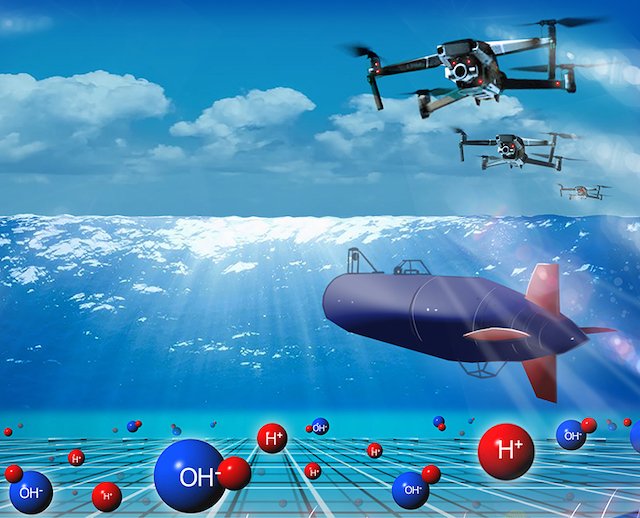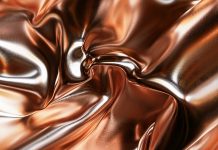
In a new study, researchers have developed a high-power fuel cell that could boost the performance of electric-powered planes, ships, and drones.
The research was conducted by a team in the McKelvey School of Engineering at Washington University in St. Louis.
Previous studies have shown that designing electric-powered planes, ships and submarines are much harder than designing electric cars because of power and energy requirements.
In the current study, the team developed a direct borohydride fuel cell.
This fuel cell could operate at double the voltage of current commercial fuel cells.
The team used a unique pH-gradient-enabled microscale bipolar interface (PMBI), which they described as the heart of the new fuel cell.
The fuel cell uses an acidic electrolyte at one electrode and an alkaline electrolyte at the other electrode.
PMBI can keep the acid and alkali from mixing, forming a sharp pH gradient and enabling the successful operation of this system.
The new tech allows scientists to run the fuel cell with liquid reactants and products in submersibles.
It also allows scientists to apply it in higher-power applications such as drone flight.
According to the team, the new fuel cells could power many transportation tools, including cars, drones, and aircraft at a lower cost.
They believe it is a tremendously challenging and rewarding pathway to developing the new ion-exchange membranes that have enabled the PMBI.
Currently, the team is working to explore commercialization opportunities.
The leader of the study is Vijay Ramani, the Roma B., and Raymond H. Wittcoff Distinguished University Professor.
The lead author of the paper is Zhongyang Wang, a doctoral candidate in Ramani’s lab.
The study is published in Nature Energy.
Copyright © 2019 Knowridge Science Report. All rights reserved.
Further reading: Nature Energy.



